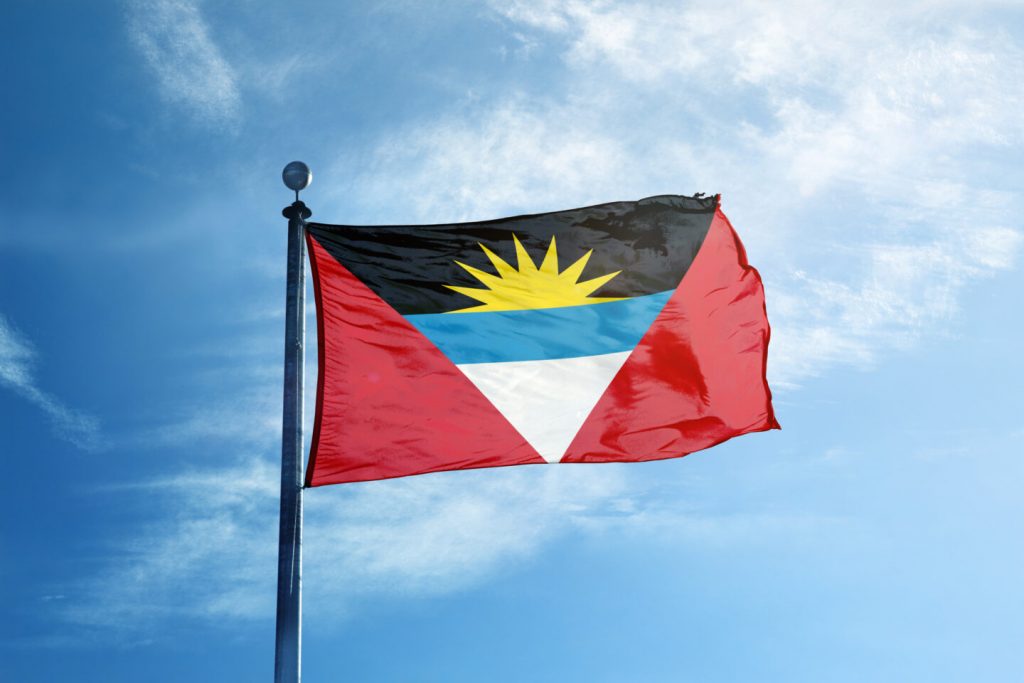
The country of Antigua and Barbuda has become one of the first in the Caribbean to authorize Rastafari to grow and smoke cannabis, an herb that is considered a sacrament by followers of the religion.
As the Associated Press reported, for decades, many Ratafari have been “been jailed and endured racial and religious profiling by law enforcement because of their marijuana use,” which they say “brings them closer to the divine.”
Officials in Antigua and Barbuda, an island country with a population of a little more than 90,000, have now sought to rectify the situation.
According to the Associated Press, the lifting of the ban makes the country “one of the first Caribbean nations to grant Rastafari authorization to grow and smoke their sacramental herb.”
“We’re more free now,” said Ras Tashi, a member of the Ras Freeman Foundation for the Unification of Rastafari, as quoted by the Associated Press, which reported that Tashi recently “led chants and praise in the tabernacle on the foundation’s farm located in Liberta’s lush agricultural district.”
Rastafaris have lobbied for legal cannabis in the country for years. In 2021, the Associated Press reported that adherents were “clamoring for broader relaxation to curtail persecution and ensure freedom of worship.”
The AP offered more background at the time:
“The Rastafari faith is rooted in 1930s Jamaica, growing as a response by Black people to white colonial oppression. The beliefs are a melding of Old Testament teachings and a desire to return to Africa. Rastafari followers believe the use of marijuana is directed in biblical passages and that the ‘holy herb’ induces a meditative state. The faithful smoke it as a sacrament in chalice pipes or cigarettes called ‘spliffs,’ add it to vegetarian stews and place it in fires as a burnt offering. ‘Ganja,’ as marijuana is known in Jamaica, has a long history in that country, and its arrival predates the Rastafari faith. Indentured servants from India brought the cannabis plant to the island in the 19th century, and it gained popularity as a medicinal herb.
It began to gain wider acceptance in the 1970s when Rastafari and reggae culture was popularized through music icons Bob Marley and Peter Tosh, two of the faith’s most famous exponents. Tosh’s 1976 hit ‘Legalize It’ remains a rallying cry for those pushing to make marijuana legal. Rastafari adherents in the U.S., many of them Black, say they have endured both racial and religious profiling by law enforcement agencies due to their ritualistic use of cannabis.”
The change in law in Antigua and Barbuda may lead to a similar domino effect as the one that has unfolded here over the last decade in the United States, where dozens of states and cities have lifted longstanding prohibitions on cannabis within their jurisdictions.
The Associated Press reported last week that “Rastafari elsewhere are pushing for similar religious protections,” and that experts and stakeholders “think the Antigua and Barbuda law could give a boost to these efforts worldwide at a time when public opinion and policy are continuing to shift in favor of medical and recreational marijuana use.”
Under the new law in Antigua and Barbuda, “the island government also decriminalized the use of marijuana for the general public,” according to the Associated Press, while also allowing “people outside the faith [to] grow four cannabis plants each and possess up to 15 grams.”
“We believe that we have to provide a space for everyone at the table, irrespective of their religion,” Antigua and Barbuda Prime Minister Gaston Browne told the AP. “Just as we’ve recognized other faiths, it’s absolutely important for us to also ensure that the Rastafari faith is also acknowledged … to acknowledge their constitutional right to worship and to utilize cannabis as a sacrament.”
Read full article on High Times

